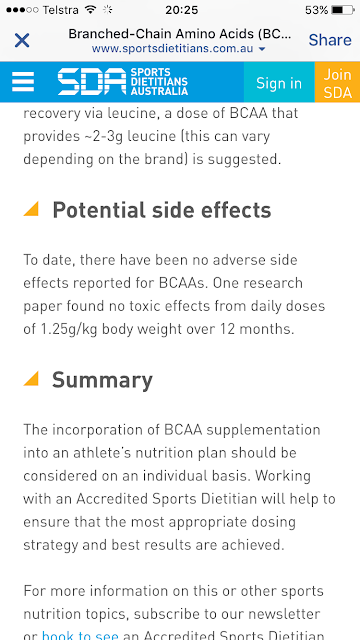Here are my mountain running results over a 4 year period.
Hydrocortisone was my only glucocorticoid at the start of this period. My results were occasionally quite good ( I obviously wasn't unfit then), but despite trying all different doses and timings I could not get consistent results. Many have attributed this to the rapid swings in plasma levels from standard treatment. If I got it right, I was ok, but mostly I didn't .
Not only was my performance variable, it was declining over time. Note the paucity of results from 2013.
Substituting some of my HC for prednisolone appears not only to have reversed the decline, but also led to gradual improvement. Starting Pred did NOT cause a sudden improvement, nor did I expect it to. Muscles weak and flabby from a sub-optimal steroid regimen do not recover instantly. It takes many months.
Training is what makes people faster. All good steroid replacment does is allow me to train with greater frequency and intensity. If I had just sat back and waited for pred to work, it wouldn't have. What do I mean by training? I don't have a coach or a rigid scheme. I ski, skate, climb, run, juggle and so on. I just get out there and have fun. The right steroids allow me to have more intense fun more often.
Veterans Athletics tables show that the average 55 year old Masters competitor gets about 15 seconds slower per year in races that take about 20 minutes. In the absence of any special intervention, I expect that my times would have declined by 5% over the 4 years due to ageing. Instead they are still improving.
I can also use these tables to look at whether I am taking too much steroid. Excess glucocorticoid causes myopathy. Glucocorticoids are not banned from sport because they are performance enhancing per se. They can produce a very short term effect by masking the pain of inflammation and allowing athletes with injuries to compete. This is going to have a deleterious effect in the long term.
Finally, to reiterate a previous point. In optimising my steroid dose, I am meticulous in doing all the physical activity, lower AND upper body, to mitigate the risk of osteoporosis. I have also learned of the association between cycling and spinal osteoporosis, and factored that into my lifestyle.
Added note : It is not my speed that is important here. It matters not whether I run 5k in 21 or 51 minutes, the important thing is the trend. Ask your local statistician about the power of trend tests. If my times are worsening faster than age-related decline says they should, I want to know why. Improving times suggest I am doing the right thing. Even just maintaining your times as you age is an achievement.
To paraphrase Drucker, if you don't measure it, you can't manage it. Merely feeling that you are doing OK is not a sufficient condition to meet the WHO definition of Health.
Credits : A big thank you to John Harding, the driving force behind mountain running in Canberra.












